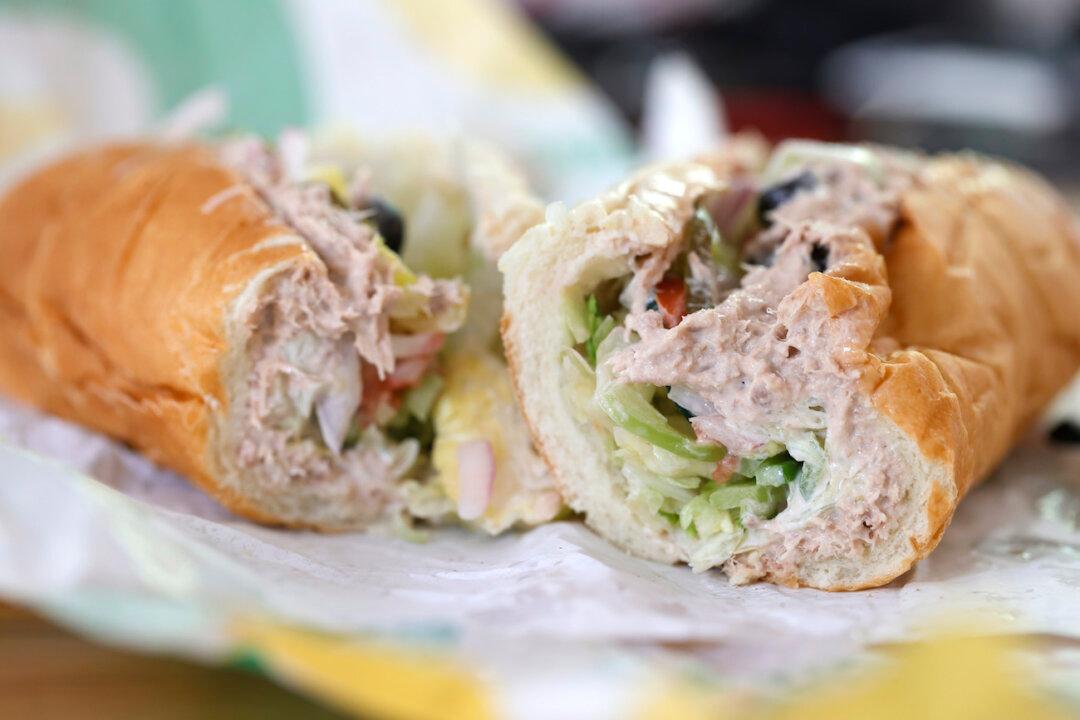Subway can be sued for allegedly misleading consumers about its tuna products after plaintiffs claimed that Subway’s tuna allegedly contains other fish species, chicken, pork and cattle instead, a federal judge in California has said.
The order from U.S. District Judge Jon Tigar in San Francisco on July 7 comes in a lawsuit that was originally filed in January 2021 where the plaintiffs initially alleged that Subway’s tuna products “do not contain tuna nor have any ingredient that constitutes tuna.”




